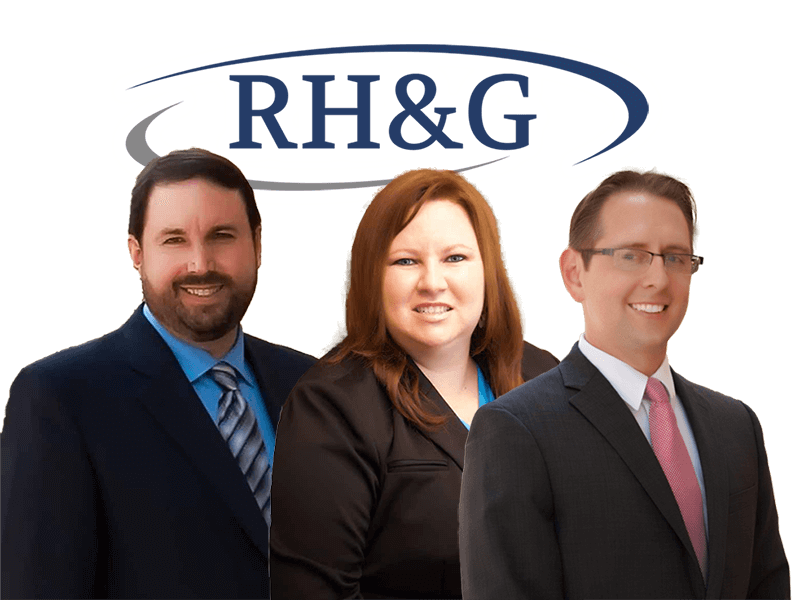There are lots of ways to give to your favorite charity – you could send a check, change the beneficiary on a life insurance policy, sponsor an event, or donate some tangible personal property, just to name a few. However, one technique that has been around since 2006 that some people are unfamiliar with is an IRA Charitable Rollover. The IRS refers to this process as a qualified charitable distribution, or QCD for short.
The rollover should be an attractive option to those taxpayers that reached age 70.5 or older. The rollover permits a transfer of up to $105,000 per year from an IRA to charity, free of any income tax. In addition, the rollover satisfies in whole or in part the taxpayer’s annual IRA minimum distribution requirement (also known as the annual RMD). For those of you who have heard of this rollover option, you may be surprised to see the new amount available for the rollover. Since 2006, the amount has held steady at $100,000 per year. However, starting in 2024, the amount has been indexed for inflation by Congress and will fluctuate in the future.
The rollover amount is not taxable to the taxpayer as income and will not be added to the Adjusted Gross Income of the taxpayer on their annual income tax return. Taxpayers are not obligated to use the entire $105,000 each year, and the taxpayer may spread the amount over multiple charities. As the charities receive the donation as a check or wire transfer from the financial institution, no special action is needed by the charity to accept such a gift.
The taxpayer should request a receipt from the charity for their tax records and keep proof of the transaction being made from their IRA in the event of an IRS audit. The receipt must state the date and amount of the contribution and indicate whether the donor received anything of value in return. The taxpayer must also keep in mind that like all charitable giving for which an income tax deduction is expected, the receiving organization must be a recognized 501(c)(3) charitable organization.
If you have questions regarding IRA Charitable Rollovers, contact our office for assistance.

